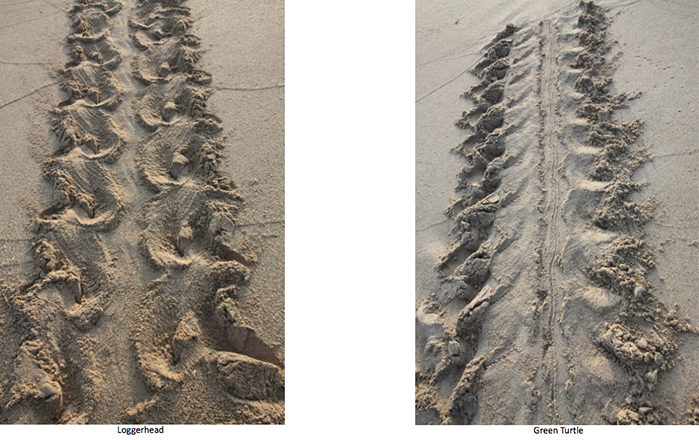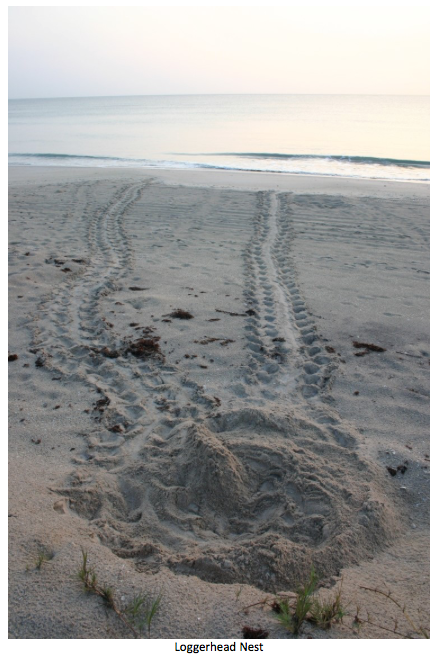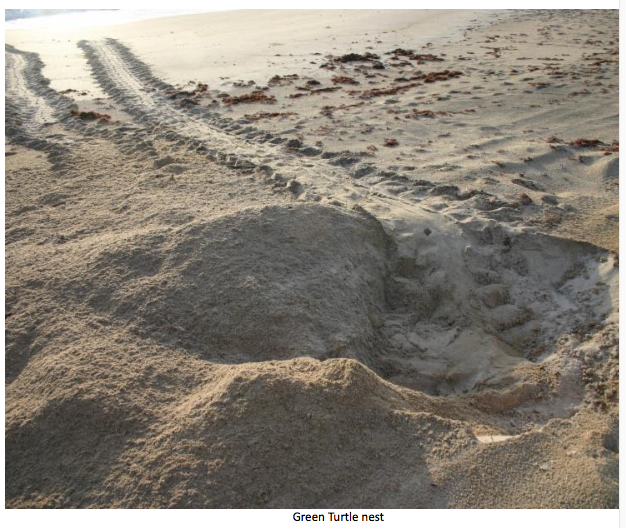Recent News
Olympian, Lionfish Expert & BIOS SupervisorTuesday, February 14, 2017
Those who have spent time around the Bermuda Aquarium, Museum and Zoo [BAMZ], participated in the annual Groundswell Lionfish Tournament, or remember the Blue Halo initiative, have likely heard of Chris Flook.
Charity cash boost from RUBiS
Tuesday, February 07, 2017
Twelve charities have received a total of more than $32,000 through a competition launched by RUBiS Energy Bermuda.
Local photographer wins BTA top award
Tuesday, February 07, 2017
Photographer Jorge Sanchez, who works with marine specimens at the Bermuda Aquarium Museum and Zoo, has been honoured by the Bermuda Tourism Authority.
Olympian, Lionfish Expert, and, Now, BIOS Supervisor
Wednesday, February 01, 2017
Those who have lived in Bermuda or spent time around the Bermuda Aquarium, Museum and Zoo (BAMZ), participate in the annual Groundswell Lionfish Tournament, or remember the Blue Halo initiative, have likely heard of Chris Flook.
Programmes teach children about nature
Tuesday, January 31, 2017
Thousands of children have benefited from the educational programmes organised by the Bermuda Zoological Society and the Bermuda Aquarium, Museum and Zoo in 2016.
About
GovernanceAbout Us
Newsletter
Latest News
Gift & Bookstore
Contact
General Inquiries
info@bzs.bm
Latest News
All the latest updates and news from the Bermuda Aquarium, Museum, and Zoo, one of Bermuda's leading visitor attractions!
Jennifer Gray, Bermuda Director, Bermuda Turtle Project
Are you an early riser? Do you like to walk beaches?
Be a part of our Citizen Science Volunteer Programme... take a walk and report sea turtle nesting events.
In 1870 Bermuda's Attorney General declared that there was no nesting of sea turtles in Bermuda giving us an approximate time reference for the local extinction of our nesting green turtles.
Sea turtle nesting events in Bermuda; of 1990 (Loggerhead), 2005 (Loggerhead) and 2015 (Green) give us a glimmer of hope for the future and suggest a possibility that sea turtles are nesting sporadically hidden from human eyes. All three of these nests were discovered fortuitously by observant members of our community and we encourage everyone to be aware of the tell-tale signs of sea turtle nesting and report any events to the Bermuda Turtle Project.
Historic records suggest that sea turtles in Bermuda nested between late April through June and certainly June, July and August would provide the optimal sand temperature for a sixty- day incubation period of eggs.
To identify the tracks (crawls) of a nesting sea turtle observations should be made early in the morning when they are fresh and unaltered by wind and rain. Whenever possible photographic records should be obtained. The tracks of a nesting sea turtle should emerge from the high tide mark and lead to a disturbed area of sand at the back of a beach with another track returning to the sea. Loggerhead tracks are approximately three feet wide while Green Turtle tracks are typically four feet wide.

Photos: Sea Florida Fish & Wildlife Conservation Commission


Hatchlings emerging from a nest may not leave clear tracks depending on the type of sand and wind conditions but when they do many small tracks from the nest to the sea may be observed. These should not be confused with the tracks of a hermit crab. If there are bright lights the vicinity of the beach hatchlings may become disoriented and have trouble finding the ocean.
Tracks from disoriented hatchlings.
Their tracks should lead straight to the sea. Hermit Crab tracks

Photo: Sea Turtle Conservancy
Help us understand the status of sea turtle nesting by reporting any tracks or nesting events to the Bermuda Turtle Project by calling (441) 332-2966.


